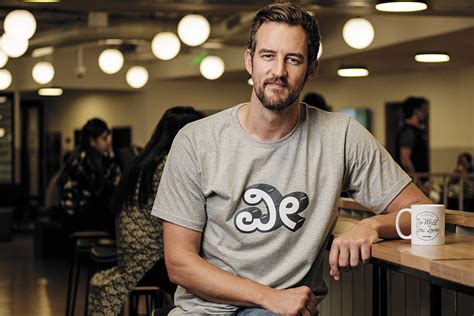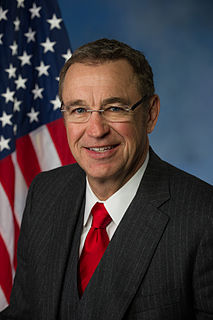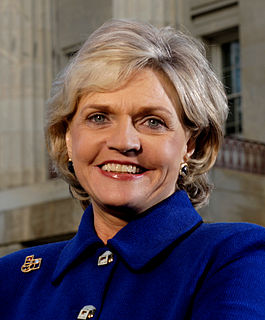A Quote by Chip Espinoza
I think the best value to leaders is understanding the generations for the purpose of integrating a younger workforce and transferring knowledge from an experienced workforce. I also think smaller companies may not have the resources for management training or recruiting and therefore there is not a lot of margin for error.
Related Quotes
Warp speed developments in technology - automation, artificial intelligence, and the arrival of the sharing economy - are transforming how we work. Beyond technology, traditional working patterns are also being disrupted by changes in society, organizations and workforce management, leading to the rise of a more independent and dispersed workforce.
Talent acquisition, knowledge transfer, generational diversity, and retention will continue to be serious concerns. I think the golden thread is equipping management to work with Millennials. Let's face it. We are going to see organizations needing to replace 40% to 60% of their workforce. Management has never been more important!
I think what's happening is companies are trying to maximize shareholder value and I think they realized that if they could hire more effectively, they would. What I'm suggesting, though, is that human resources departments in most companies have become so detached - have become such a bureaucracy - that they have become clueless. They don't realize that the processes they have put in place have very little to do with recruiting, retaining and bringing on talent.
I think the main goal of the feminist movement was the status degradation of the full-time homemaker. They really wanted to get all women out of the homes and into the workforce. And again and again, they taught that the only fulfilling lifestyle was to be in the workforce reporting to a boss instead of being in the home reporting to a husband.


































